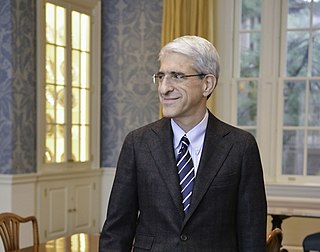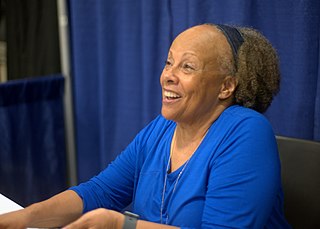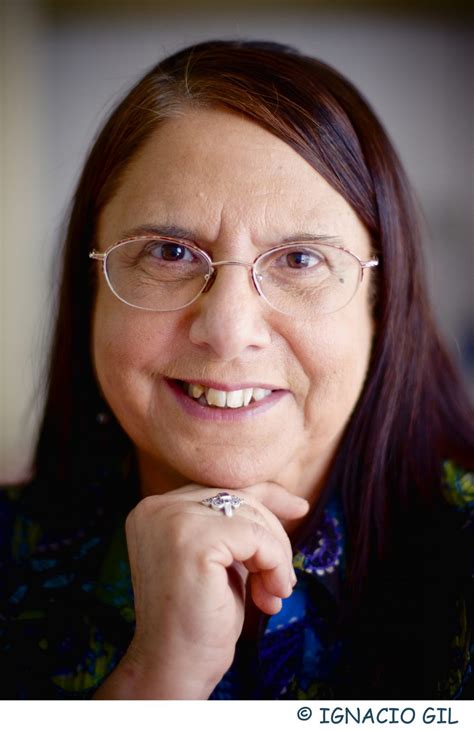Ein Zitat von Fred D'Aguiar
Wenn man sich dem Ende einer Fiktion nähert, ist ihr Ablauf 1) intuitiv; und 2) emotional. Seine Intelligenz ist emotional, denke ich.
Themen zitieren
Verwandte Zitate
Ich denke, im kommenden Jahrzehnt werden wir gut durchgeführte Untersuchungen sehen, die zeigen, dass emotionale Fähigkeiten und Kompetenzen positive Ergebnisse zu Hause, in der Familie, in der Schule und am Arbeitsplatz vorhersagen. Die eigentliche Herausforderung besteht darin zu zeigen, dass emotionale Intelligenz über psychologische Konstrukte hinausgeht, die seit Jahrzehnten gemessen werden, wie Persönlichkeit und IQ. Ich glaube, dass emotionale Intelligenz dieses Versprechen hält.
Die Entwicklung emotionaler Intelligenz ist eine Möglichkeit, sich vor schädlichen Beziehungen zu schützen. Emotionale Intelligenz ist eine Wissenschaft, die seit über einem Jahrzehnt studiert und erforscht wird. Den Theorien zufolge sind gegenseitiger Respekt und effektive Kommunikation der Schlüssel.
Besonders wichtig waren kognitive Fähigkeiten wie das Denken im großen Ganzen und die langfristige Vision. Aber als ich das Verhältnis von technischen Fähigkeiten, IQ und emotionaler Intelligenz als Zutaten für hervorragende Leistungen berechnete, erwies sich emotionale Intelligenz für Jobs auf allen Ebenen als doppelt so wichtig wie die anderen.
Ich denke, wir müssen ernsthaft mit dem emotionalen Inhalt von Nachrichten und der Art und Weise rechnen, wie Menschen Fakten und ihre Situation wahrnehmen, und für mich ist die Boulevardzeitung grundsätzlich eine emotionale Form des Journalismus und diese Art von Emotionalität Die Wertigkeit unterscheidet es vom breiten Blatt.
Bei der Arbeit, die wir im Rahmen des „Resolving Conflict Creatively“-Programms leisten, geht es bei der emotionalen Intelligenz darum, junge Menschen mit den Fähigkeiten auszustatten, die sie benötigen, um ihre Emotionen zu erkennen und zu bewältigen, diese Emotionen effektiv zu kommunizieren und Konflikte gewaltfrei zu lösen. Es handelt sich also um eine ganze Reihe von Fähigkeiten und Kompetenzen, die für uns unter den Begriff emotionale Intelligenz fallen.
Ich denke, Fiktion kann uns helfen, alles zu finden. Wissen Sie, ich denke, dass man in der Fiktion Dinge sagen und in gewisser Weise wahrer sein kann als im wirklichen Leben und wahrer als in der Sachliteratur. Es gibt eine Genauigkeit in der Fiktion, über die die Leute nicht wirklich sprechen – eine emotionale Genauigkeit.
Soziopathen unterscheiden sich ziemlich stark darin, wie ihr Gehirn auf emotionale Worte reagiert. Ein emotionales Wort ist Liebe, Hass, Wut, Mutter, Tod, alles, was wir mit einer emotionalen Reaktion verbinden. Wir sind dazu veranlagt, diese Worte leichter zu verarbeiten als neutrale, nicht emotionale Worte. Wir sind sehr emotionale Wesen. Aber Soziopathen hören auf emotionale Worte genauso gut wie auf eine Lampe oder ein Buch – es gibt keinen neurologischen Unterschied.
Die Art und Weise, wie mein Gehirn funktioniert, hat mich durstig gemacht. Von Anfang an war ich ein Schwamm für Informationen mit emotionaler Konnotation, ich glaube, das war es. Ich wurde dazu erzogen, die Welt als emotional zu betrachten, und alles, was ich in die Finger bekam, half mir dabei, diese emotionalen Dinge zu erforschen, die mich faszinierten.





































